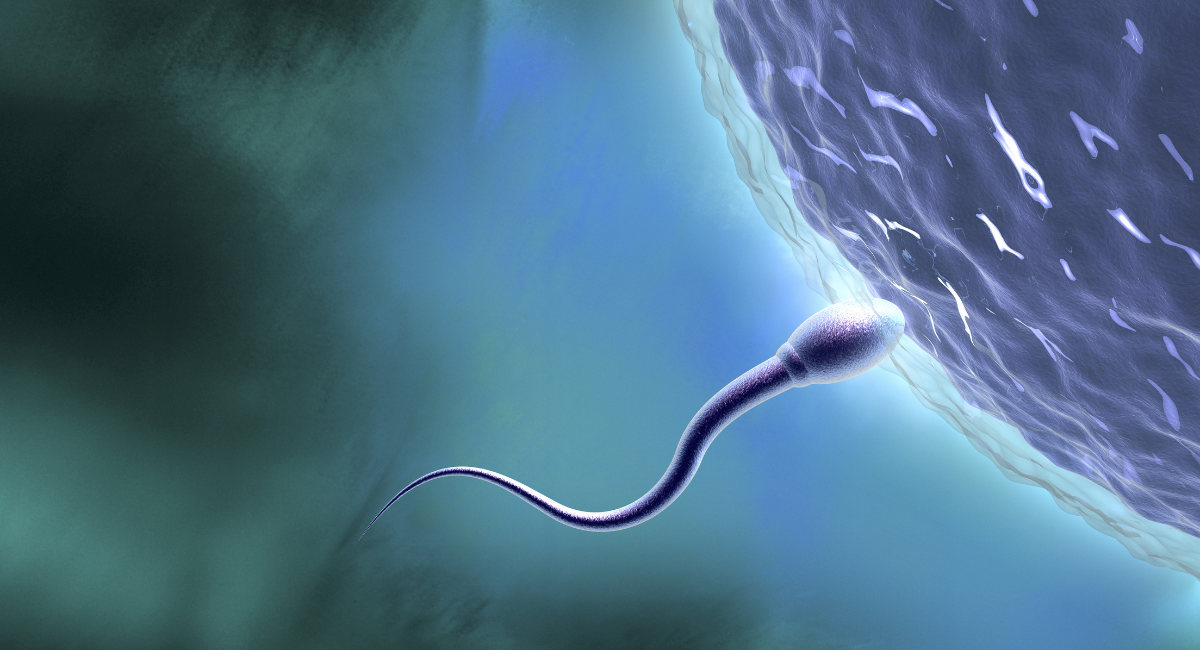An elderly woman in Australia has won a court battle to retrieve sperm from her dead husband, with the goal of having a child through surrogacy. But she may still face obstacles along the way.
The 62-year-old woman, who has not been identified, was allegedly looking into surrogacy with her husband when he died suddenly at the age of 61 in Western Australia. While a judge ruled the sperm could be retrieved, there is currently a ban on posthumous fertilization in the state, making another hurdle the woman will have to clear.
Prior to her husband’s death, the woman lost two adult children as well; in 2013, their 29-year-old daughter drowned on a fishing trip, and their 30-year-old son died in a 2019 car accident.
After her husband’s death, the woman made an “urgent” request before the Supreme Court, and Justice Fiona Seaward granted her permission to have the sperm retrieved from her husband’s body, which was being held in a morgue in Perth. A 20-year-old cousin had allegedly expressed willingness to serve as a surrogate for the couple before her husband’s death. While posthumous fertilization is illegal in Western Australia, it is legal in other territories; Queensland, Victoria, and New South Wales all allow posthumous fertilization.
In order to use the sperm, an application will need to be made before the Reproductive Technology Council to allow the sperm to be taken to another jurisdiction and move forward with the plans for surrogacy. Yet University of Western Australia Professor of Reproductive Medicine Roger Hart told ABC there are significant issues standing in the way.
“Medically it’s all feasible. But it’s whether it’s the right thing to do… counselors, psychologists would be the best people to make that judgement,” he said, adding, “It’s posthumous use of the sperm, so the child will never know its dad. There’s going to be an egg donor to have sperm inseminate those eggs, and we’re going to then transfer the embryo to a surrogate, so there’s several steps. We do know that sperm from older men, whether it’s posthumous, or from fresh sperm does have a higher rate of chromosome abnormalities deletions within the sperm, which pose a greater risk of the child born. So these are other things the woman will be counseled about.”







